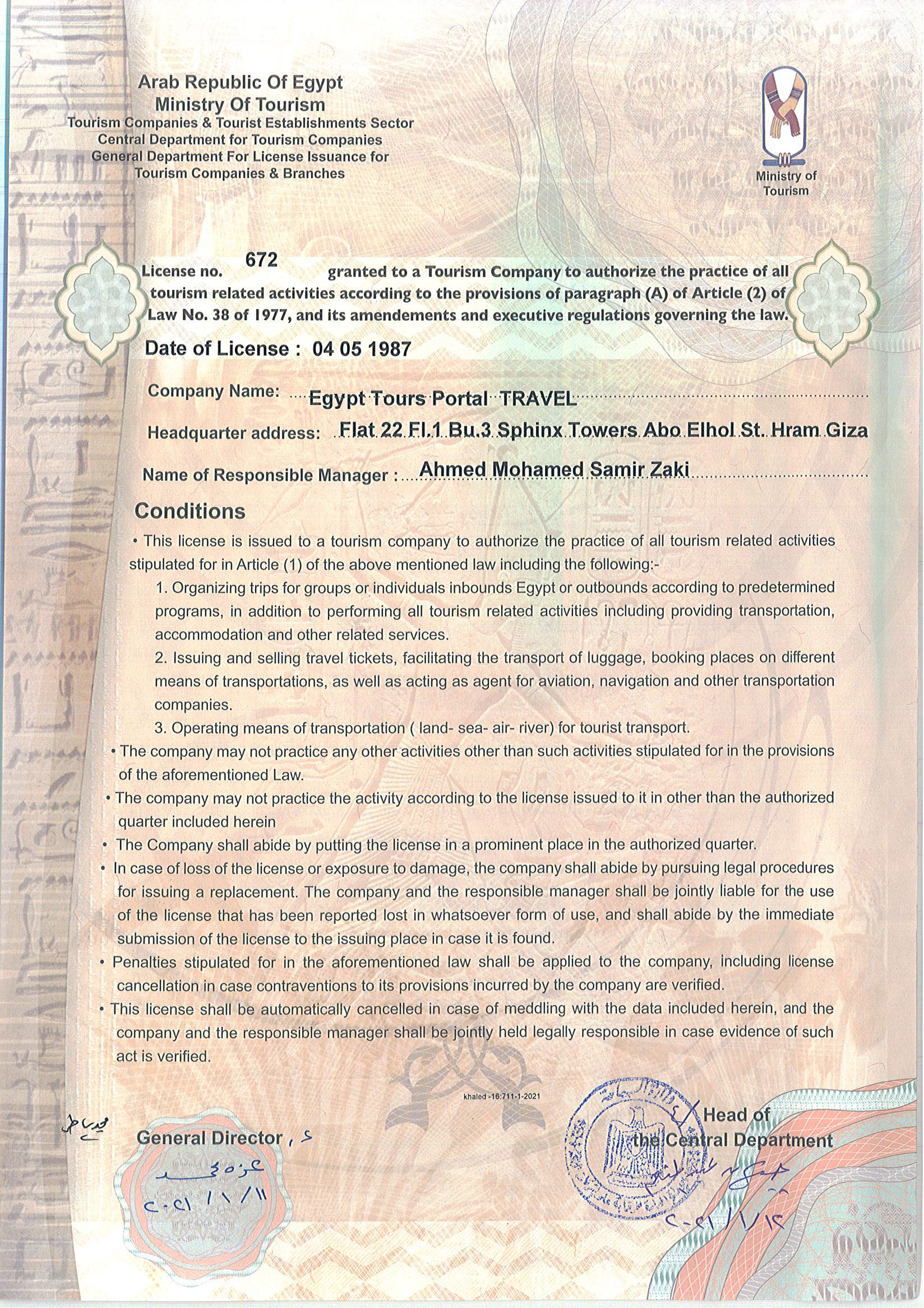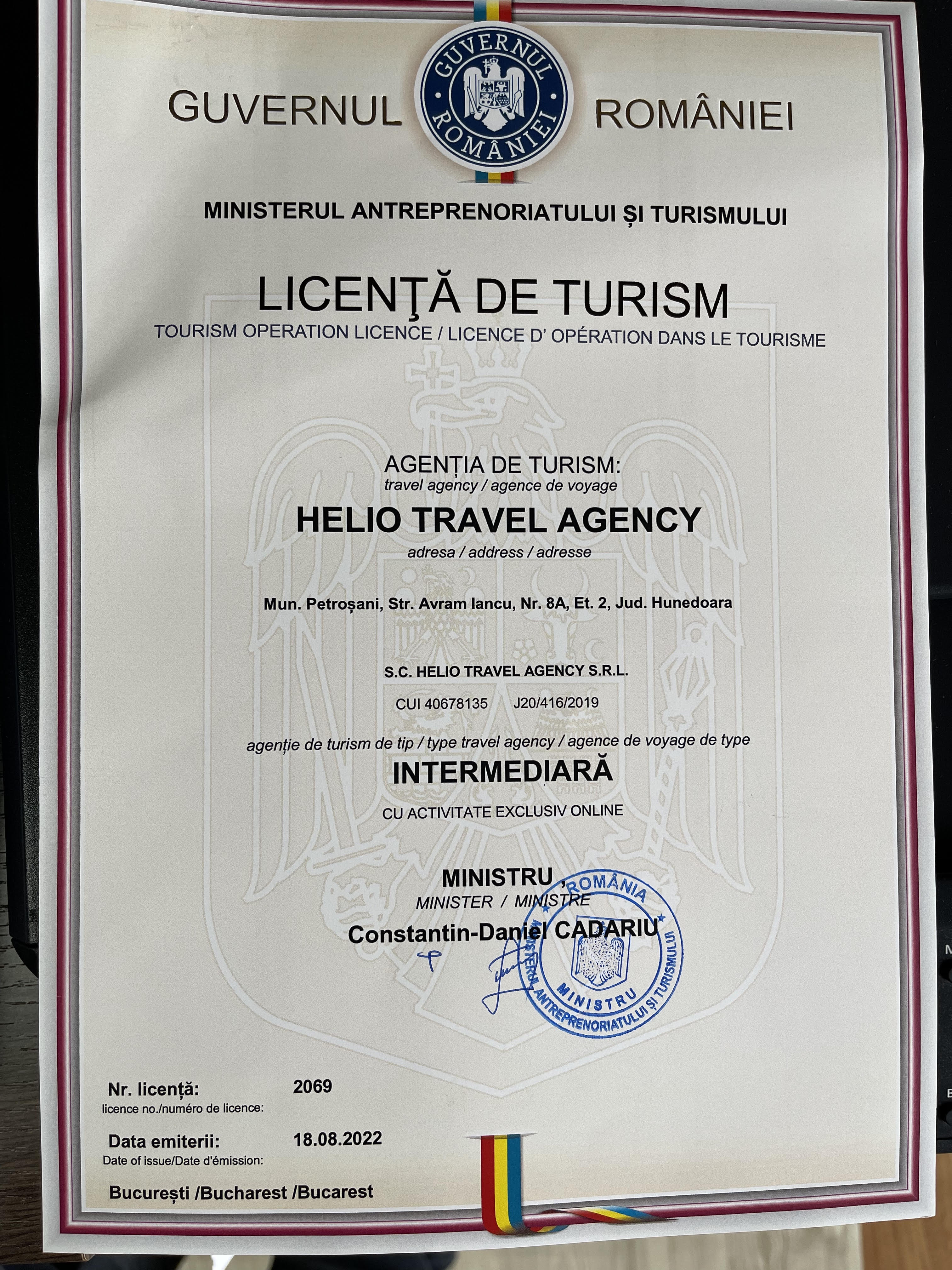Embarking on a journey is one of life’s greatest pleasures. Whether you’re dreaming of sandy beaches, ancient ruins, or vibrant city streets, travel opens up a world of possibilities. However, for those looking to help others explore the globe, obtaining a travel agency license is essential. In this article, we’ll explore what a travel agency license is, why it’s important, the steps to get one, and much more. Let’s dive in!
What is a Travel Agency License?
A travel agency license is a legal authorization that allows individuals or companies to operate as travel agents, facilitating travel bookings for clients. This license varies by country and often requires compliance with specific regulations to protect consumers.
Why You Need a Travel Agency License
Having a travel agency license provides credibility and trust for potential clients. A licensed travel agency is typically seen as a more reliable choice compared to unlicensed options. Here are some key reasons why you should consider obtaining this license:
1. Legal Compliance
Operating without a license can lead to legal troubles. Many regions require travel agents to be licensed to ensure compliance with consumer protection laws.
2. Enhanced Credibility
A license indicates that you meet specific training and regulatory requirements, fostering trust between you and your clients.
3. Access to Exclusive Deals
Licensed travel agents often have access to special rates and deals that unlicensed ones don’t, allowing you to provide better options for your clients.
Example of My Personal Experience
When I decided to start my travel agency, obtaining the license felt overwhelming. However, once I had it, I noticed an immediate increase in client inquiries and bookings. The licensed status allowed me to negotiate better rates with hotels and airlines, which in turn delighted my clients and boosted my business reputation.

Steps to Obtain a Travel Agency License
Obtaining a travel agency license can be a straightforward process if you know what to do. Here’s a step-by-step guide:
Step 1: Research Licensing Requirements in Your Area
Start by researching the regulations specific to your country or state. Licensing requirements can vary significantly. For instance:
- United States: Each state has its own licensing requirements.
- Canada: You may need to register with the Travel Industry Council of Ontario (TICO) or similar bodies depending on your province.
- United Kingdom: Registering with the Civil Aviation Authority (CAA) is necessary.

Step 2: Complete Required Training
Many regions require agents to complete training programs covering travel laws, customer service, and industry practices. Consider enrolling in certified courses.
Step 3: Apply for the License
Once you’ve met the training requirements, you can apply for your travel agency license. This process might include submitting documentation, passing an exam, and paying a fee.

Step 4: Obtain Insurance
Insurance protects your business and your clients. Consider getting Errors and Omissions insurance, which covers you against claims of negligence.
Step 5: Stay Updated
Licensing requirements can change, so stay informed about any updates in your region.

Types of Travel Agency Licenses
There are several types of licenses, including:
- General Travel Agency License: Allows agents to sell general travel services.
- Specialized Licenses: If you focus on specific areas (like adventure travel or cruises), you may need specialized licenses or certifications.
- International Licenses: For agencies dealing with international travel, additional certifications may be required.
Comparative Table: Travel Licensing Requirements by Country
| Country | License Required | Regulatory Body | Additional Training |
|---|---|---|---|
| USA | Yes (varies by state) | State Authorities | Yes |
| Canada | Yes (in some provinces) | TICO, etc. | Yes |
| UK | Yes | CAA | Yes |
| Australia | Yes | ATAS | Yes |

Pros and Cons of Running a Licensed Travel Agency
Pros
- Enhanced credibility with clients.
- Access to exclusive travel deals and packages.
- Legal protection for you and your clients.
Cons
- Time-consuming process to obtain the license.
- Potentially expensive fees for training and licensing.
- Ongoing education and compliance requirements.
Travel Tips for Aspiring Agents
As an aspiring travel agent, there are several tips that can help you succeed:
1. Build a Personal Network
Networking with other travel professionals can open doors and provide support.

2. Stay Informed About Destination Trends
Always keep yourself updated about popular destinations, trending travel activities, and market demands.
3. Invest in Technology
Using the right software can streamline your operations, helping you manage bookings efficiently.

Destination Highlights: Popular Places to Explore
1. Bali, Indonesia
A tropical paradise known for its stunning beaches, vibrant culture, and lush landscapes. A great destination for honeymooners and adventure seekers alike.
2. Rome, Italy
Rich in history and culture, Rome offers visitors breathtaking architecture, world-class dining, and fascinating museums.
3. Tokyo, Japan
A bustling metropolis blending tradition and modernity. Tokyo is a must-visit for food lovers and tech enthusiasts.
Frequently Asked Questions (FAQs)
What qualifications do I need to become a travel agent?
While specific requirements can differ, most places require training in travel services, customer service skills, and sometimes experience in the industry.
Can I run a travel agency without a license?
It’s possible to operate without a license, but it is illegal in many regions. Always check local regulations before proceeding.
How long does it take to obtain a travel agency license?
The timeline varies based on location and the completeness of your application, but it typically ranges from a few weeks to a few months.
What are the costs associated with getting a travel agency license?
Costs can include training fees, application fees, and insurance. It’s best to budget several hundred to a few thousand dollars depending on your location and scope of services.
Final Thoughts
Getting your travel agency license is a significant step toward building a successful travel business. Although the process may seem daunting, the rewards are well worth it. From meeting diverse clients to exploring different cultures, the journey of being a travel agent is as enriching as the trips you’ll help plan. So, get ready to embrace your passion for travel and turn it into a rewarding career!